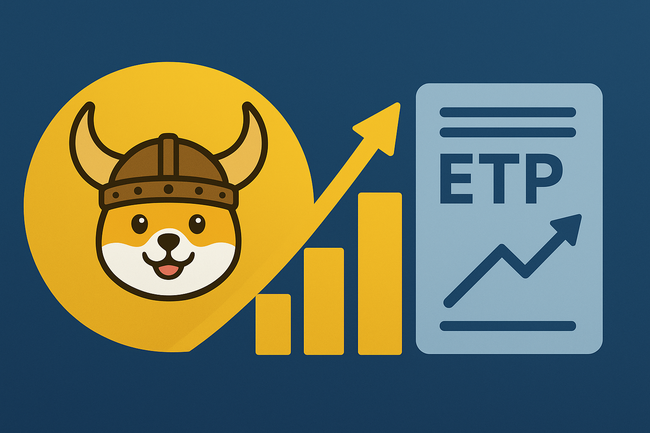Formal verification is a method used to prove the correctness of algorithms and systems through mathematical techniques. In the context of blockchain and cryptocurrency, it ensures that smart contracts function as intended without errors or vulnerabilities.By applying formal verification, developers can identify potential flaws in the code before deployment. This process involves creating formal specifications for what the smart contract is supposed to do and then using mathematical proofs to confirm that the implementation meets these specifications.The main benefit of this approach is enhanced security and reliability. Given the irreversible nature of blockchain transactions, finding and fixing issues after deployment can be costly or impossible. Formal verification can mitigate risks by ensuring that the code behaves exactly as designed, preventing exploits or unexpected outcomes.As the demand for secure and efficient blockchain solutions grows, formal verification is becoming increasingly important for developers and users alike. It builds confidence in the robustness of smart contracts and overall system integrity.

First Floki ETP Launches in Europe, Listed on Spotlight Stock Market
A new exchange-traded product (ETP) tied to the cryptocurrency Floki has gone live in Europe, marking the first time a



